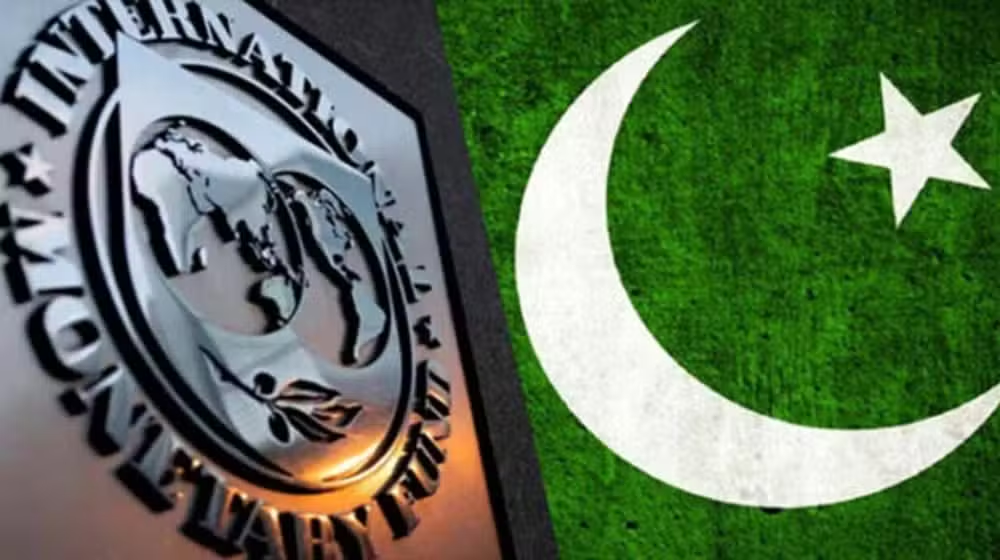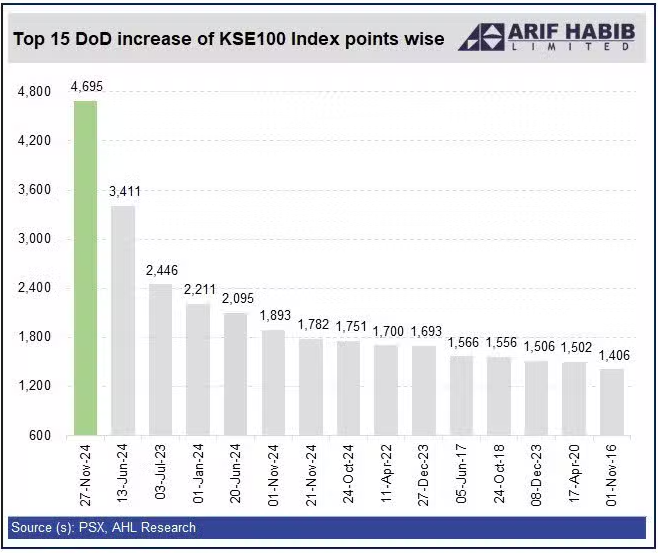The Worldwide Financial Asset (IMF) has cautioned that Pakistan could have to think about a smaller than usual spending plan on the off chance that income targets are not met, sources told PakvsWorld.
While the bank didn’t remark on the finish of a new bailout bundle, they encouraged that the progress of the ongoing system was basic.
Another source let PakvsWorld know that the IMF has accused agreements with Free Power Makers (IPPs) for causing monetary difficulties. It asked the central government to focus on working on the productivity of power conveyance organizations and decreasing power costs for all classifications of shoppers.
The Washington-based moneylender has clarified that execution of an agrarian duty relies on participation among commonplace and central legislatures and might be considered once it becomes regulation. Likewise, privatization choices in regards to Pakistan Worldwide Carriers (PIA) and power conveyance organizations will be a portion of the significant circumstances for the new bailout program, one of the sources said.
The IMF focused on that Pakistan’s administration should try not to commit errors that could wreck monetary targets. They further said the PKR/$ will keep not entirely settled by market influences.
IMF believes that the national government should fulfill every one of its circumstances yet didn’t say whether an adjustment of government was vital at that point. The moneylender has so far avoided remarking on political issues.
Sources said the moneylender needs Pakistan to autonomously cautiously address political difficulties. IMF has recognized that endeavors are being made to upgrade human resources, tackle expansion, and further develop charge hardware productivity. Each area should add to better tax collection, in the mean time, the bank will deal with a course of events for endorsing another bundle.
The moneylender said it is intently observing strategy rates right now carried out across all financial channels. It further expressed collaboration between the organization and regions is essential for laying out another assessment structure, the source added.
The financial scene of a country is many times formed by its commitment with worldwide monetary bodies like the Global Money related Asset (IMF). As of late, the monetary talk has been intensely impacted by conversations encompassing the potential for a small spending plan, dependent upon the IMF’s fulfillment with the country’s financial strategies.
Figuring out the Unique circumstance
In many creating economies, remembering those for South Asia and Latin America, IMF programs assume a vital part in settling economies through credits and strategy guidance. These projects frequently require beneficiary nations to carry out severe monetary changes and stick to specific financial focuses to fit the bill for monetary help.
For example, a country wrestling with financial difficulties like expansion, monetary shortages, or outer obligation might move toward the IMF for a bailout bundle. Consequently, the IMF commonly endorses measures like diminishing public spending, expanding charge incomes, or carrying out underlying changes focused on long haul financial dependability.
The Requirement for a Small Spending plan
A smaller than normal spending plan, in this unique circumstance, alludes to a strengthening financial plan acquainted by the public authority with address explicit monetary worries or to meet circumstances set out by worldwide monetary foundations like the IMF. This monetary move is frequently embraced to show a pledge to financial discipline and to console banks and financial backers about the country’s monetary direction.
On the off chance that the IMF communicates disappointment with a nation’s advancement in gathering settled upon monetary targets or primary changes, it might keep monetary distributions or defer further exchanges. In such situations, states might settle on a small scale financial plan to quickly carry out fundamental monetary changes and recover the certainty of worldwide lenders and markets.
Financial Ramifications
The choice to carry out a smaller than usual spending plan conveys critical monetary ramifications. On one hand, it can flag a proactive methodology by the public authority to address monetary weaknesses and reestablish macroeconomic steadiness. This might support financial backer certainty and make ready for continued monetary development.
Then again, starkness measures or duty climbs related with a scaled down spending plan can force momentary difficulties on residents, especially weak gatherings previously wrestling with financial difficulties. Subsequently, the plan and execution of such measures should figure out some kind of harmony between accomplishing financial targets and moderating social effects.
Political Contemplations
From a political stance, presenting a smaller than usual financial plan in the midst of monetary vulnerability can be a quarrelsome issue. States might confront resistance from different partners, including political adversaries, vested parties, and the overall population impacted by starkness measures. Compelling correspondence and straightforwardness about the need and targets of the small financial plan are significant to accumulating public help.
Conclusion
All in all, the possibility of a small financial plan being presented pivots fundamentally on the IMF’s evaluation of a country’s monetary strategies and monetary execution. While pointed toward tending to prompt monetary difficulties and meeting global commitments, the choice to execute a small financial plan ought to be directed by contemplations of financial strength, social value, and political plausibility. As worldwide monetary scenes keep on advancing, the job of global monetary foundations like the IMF stays significant in forming financial strategies and guaranteeing practical financial turn of events. Consequently, the status of legislatures to adjust and answer IMF suggestions frequently decides their capacity to successfully explore complex monetary difficulties.

 Business11 months ago
Business11 months ago
 Sports11 months ago
Sports11 months ago
 Entertainment11 months ago
Entertainment11 months ago
 News11 months ago
News11 months ago
 Entertainment10 months ago
Entertainment10 months ago
 General11 months ago
General11 months ago
 Sports11 months ago
Sports11 months ago
 Sports11 months ago
Sports11 months ago

















